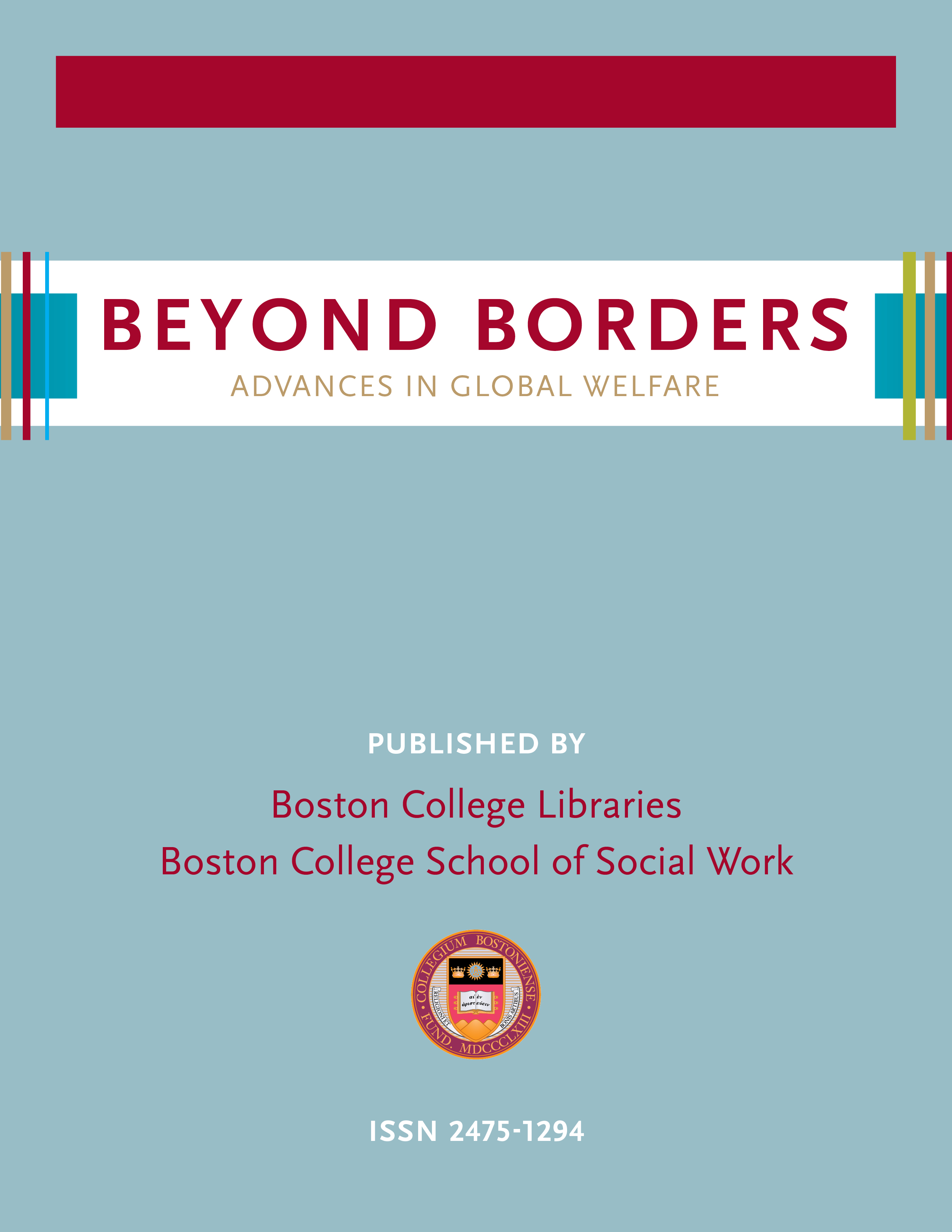WIC Professionals’ Adaptations in Clinical Practice to Better Assess and Address Household Food Insecurity in Diverse Nonmetropolitan Families
DOI:
https://doi.org/10.6017/bbagw.v1i1.11839Abstract
Background: While research on Special Supplemental Nutrition Program for Women, Infants, and Children (WIC) participation and proximal health indicators has been considerable, literature on best practices for assessing and addressing household food insecurity in public health clinics remain limited. The purpose of this study was to examine WIC professionals’ approaches to assessing and addressing household food insecurity in participating families.
Method: During January 2018, we conducted four focus groups utilizing a semi-structured interview guide with public health staff (N = 24) across four diverse nonmetropolitan public health districts in Midwestern counties. WIC staff included social workers, nurses, nutritionists, and ancillary staff. All interviews were audio-recorded, transcribed, and verified. NVivo 11.4.2 software was used for data organization and qualitative analysis.
Results: WIC providers spoke at length about adapting their approach to assess and address food insecurity in settings with unique characteristics due to cultural diversity. Four key themes emerged: 1) Language adaptation to assess food insecurity, 2) Challenges posed by male presence while assessing food insecurity, 3) Individualized client education to promote use of WIC food items, and 4) Diverse WIC staff can better assess food insecurity in diverse populations.
Conclusion: Findings from this study bring attention to important and previously undocumented adaptations to clinical practice that WIC staff utilize to best meet the needs of their local populations.
Keywords: Food insecurity, WIC, low-income, maternal child health, diversity, nonmetropolitan
Downloads
Published
How to Cite
Issue
Section
License

This work is licensed under a Creative Commons Attribution-NonCommercial 4.0 International License.
Please follow the link for more information regarding Copyright and License Information.

